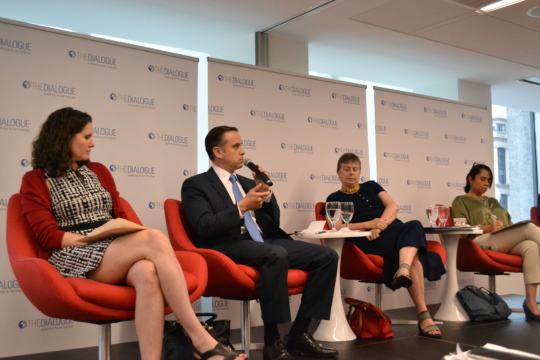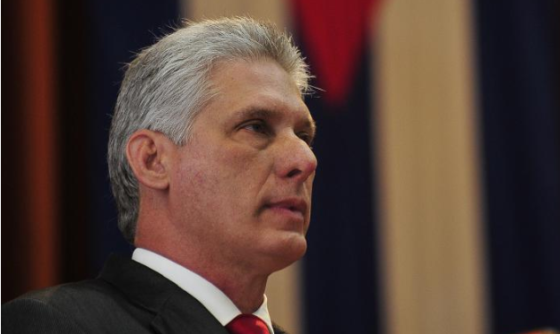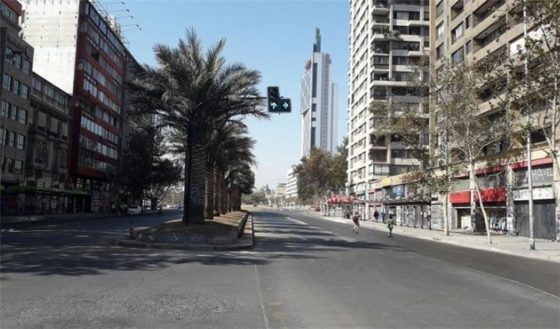A spate of constitutional reforms in Latin America has left many wondering about the state of democratic governance in the region. If, as many believe, the strength of Latin American democracies is eroding, then the role of constitutional reform boils down to a chicken and egg problem: does meddling with a country’s constitution further erode democracy? Or does this erosion precede reform? If so, should the changes be considered a reason for hope?
Roberto Gargarella, one of Argentina’s leading legal theorists and professor of constitutional law, approaches this issue from a holistic standpoint. A specialist in 19th century constitutionalism, he views modern-day constitutions as documents that are best understood against their historical lineage.
Nineteenth century Latin American countries took their cue from the United States. These countries set up presidential systems that, in many cases, closely mimicked the US democratic system. But unlike their northern counterpart, they were not deeply concerned with protection against the tyranny of the majority, and the need for checks and balances to limit the influence of any one branch of government. Instead, constitutions were crafted as concessionary documents that placated the demands of both the liberals and conservatives in order to quiet the vituperative left-right debate that threatened the viability of the state.
The solution, then, was to fatten the powers of the executive branch to discourage civic participation, since a deeply divided citizenry was viewed as the existential threat to democracy. “Constitutions were hostile to political participation,” Gargarella said. Fast-forward to modern-day, and constitutions in the region have not been fully able to shake these relics—including power consolidations within the executive branch, but at the expense of strong legislative and judiciary branches. Not surprisingly, Latin American countries are particularly susceptible to hyper-presidentialism, and political institutions still discourage civic engagement despite demand for more visibility for constituents in government.
From the early to mid-20th century, Latin American countries started to incorporate social rights into their constitutions at the behest of popular demand. For years after these rights were largely ignored, highlighting the gap between rights per se and rights that deliver. Constitutions in the region did not provide recourse for the violation of social rights.
Still, Gargarella remains hopeful. “After 50 years these dormant clauses, little by little, are starting to wake up,” he said.
But for Paraguayan political scientist Diego Abente, constitutions alone do not guarantee political will. He views unenforced social rights as a policy making problem, and does not think that this will change without addressing state capacity, institutional reform and political decision-making. “The biggest problem in Latin American,” he added, “is access to justice.”
Today, constitutional reforms are mostly concerned with extending presidential terms—a concern for Gargarella. “If you are committed to political participation, you have to reduce presidential powers.” There are, however, notable exceptions. Bolivian’s new constitution of 2009 extends broad powers to previously marginalized groups and is generally understood as a response to hundreds of years of oppression against indigenous populations. Despite concerns that the 2009 Bolivian constitution is less a well-thought out document than an impromptu experiment, Gargarella called it both “emblematic” and “aspirational.”
Roberto Gargarella teaches constitutional law at the University Di Tourcuato Di Tella in Buenos Aires and is currently a visiting scholar at Harvard University’s David Rockefeller Center for Latin American Studies. He was joined by Diego Abente, deputy director of the International Forum for Democratic Studies at the National Endowment for Democracy, for a Dialogue discussion on Thursday, May 13 at the Inter-American Dialogue. Dialogue president Michael Shifter moderated the panel.
 Video
Video





















